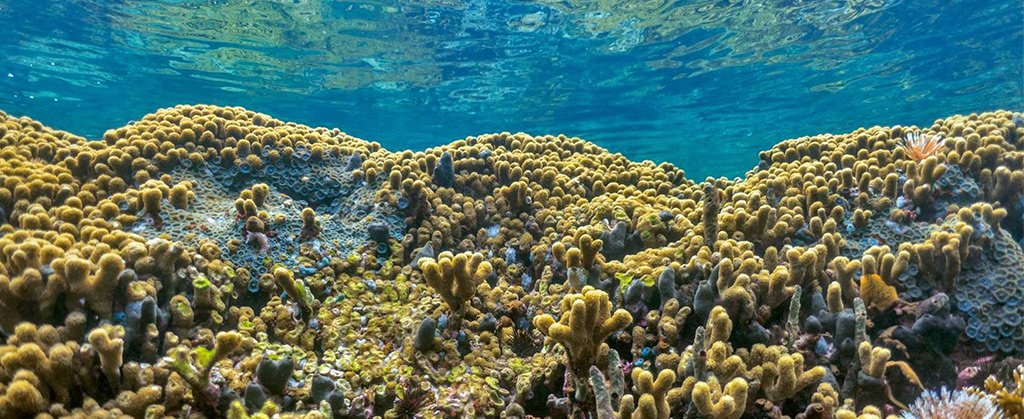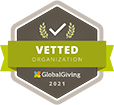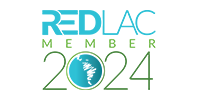March 10, Mesoamerican Reef System (MAR)

Mesoamerican Barrier Reef System (MAR). Photo credit: Albatros Foundation
Guatemala, March 2019. The Mesoamerican Reef System (MAR), the largest coral reef in the Atlantic Ocean, with a significant biological diversity that contributes to the economic and social wellbeing of its people, is celebrating.
MAR Day is celebrated every March 10 since 2007. The date of this celebration was established by the presidents of the four countries that make it up: Mexico, Belize, Guatemala and Honduras, during a meeting held on July 11, 2006 in Panama City. This meeting was held to renew the commitments from the presidents for MAR, in the framework of the Tulum Declaration, signed in 1997.

Region covered by MAR. Map credit: MAR Fund/ Defensores de la Naturaleza
What is the importance of MAR?
Coral reefs are highly diverse ecosystems.
MAR is a nursery, a genetic library, protector of the coastline, sand producer, supplier of economic and human health wellbeing, both for the region that it covers as for the world. An important part of the MAR in Belize has been declared World Heritage for Mankind by the United Nations Organization for Education and Culture (UNESCO).
Coral reefs are also a stabilizer of coastline areas; they protect ecologically and commercially important species and provide job and income alternatives for neighboring communities. To ensure the use of those resources over time, it is essential to make sustainable use of land, marine and coastal ecosystems. Conserving the MAR means conserving our own life support system because its ecological and economic prosperity is for all.

Coral is home to different marine species. Photo credit: Albatros Foundation
What are the threats that MAR faces?
Around the world, coral are subject to great threats. The loss of coral in the Great Coral Reef of Australia due to bleaching is a powerful foreboding of the global crisis affecting these valuable ecosystems. Studies* have shown that the Mesoamerican Reef is affected by a number of direct threats, that include:
- The incessant development of coastlines that bring with it the destruction of mangroves and more silting.
- Plastic and solid waste that directly affects marine fauna and ultimately breakes down into microplastic, which is an additional danger for aquatic life.
- Waste water in continental communities that pollute riveers flowing towards the ocean where waste water join coastal communities.
- Agricultural runoff, sediments and chemical effluents flowing into the ocean.
- The excessive growth of macroalgae that suffocate corals.
- Exotic invader species like the line fish and excessive fishing reduces key marine species populations.
- Climate change, which exacerbates the rest of the threats, includes more intense storms, increased level of the sea and water temperature.
How to protect MAR?
- Drastically reduce the pollution that reaches the sea. The persons that use septic tanks or biodigestors must give them maintenance, make sure that there are no leaks. It is also necessary for coastal communities to have adequate public sewage and waste water treatment plants.
- Protecting mangroves and marine pasture. These ecosystems are screens, the natural reatment plants of the region.
- Use biodegradable sunblock. This type of product which is not environmentally friendly can cause quick coral bleaching and death. For that reason, we recommend wearing long sleeves and a cap to protect yourself from the sun.
- Not compare or consume parrot fish (Scaridae family). These fish are a partner to combat macroalgae because they feed off of them and can keep them under control.
- Avoid the use of disposable plastic. Instead of buying products packed in these materials that many times end up in the ocean, use glass containers, fabric bags and resusable containers.
*Read:
1) Reporte del Arrecife Mesoamericano. Evaluación de la salud del ecosistema. http://www.healthyreefs.org/cms/es/reportes-de-la-salud/
2) Impacts of climate change on World Heritage Coral Reefs. Update to the First Scientific Global Assesment
https://unesdoc.unesco.org/ark:/48223/pf0000265625
*************************
About the Mesoamerican Reef System (MAR Fund)
MAR Fund is a private fund that promotes regional funding and partnerships for the conservation, restoration and sustainable use of natural resources in the Mesoamerican Reef. It was established by four preexisting environmental funds, one in each country of the region: Protected Area Conservation Trust (Belize), Foundation for the Conservation of Natural Resources and Environment in Guatemala, Biosphere Foundation (Honduras), and the Mexican Fund for the Conservation of Nature. Member funds are part of the Board of Directors of MAR Fund, that also includes representatives of the Central American Environment and Development Commission (CCAD in Spanish) outstanding experts in conservation in each participating country, and international donors.
For more information on MAR and the MAR Fund and to make appointments, please contact Lucy Calderón, through e-mail lcalderon@marfund.org or mobile number: (502) 5208-4214. We also invite you to see the Mar Fund webpage: www.marfund.org
Tags: MAR, Mesoamerican Reef System



